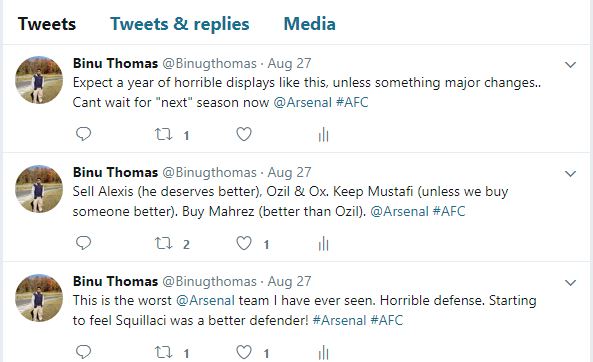'9 to 5 Cubicle Tales' is a chronological account of a boy who endures some testing times in his childhood, then graduates, gets into an Information Technology firm and his life experiences with colleagues & friends, frequent challenges faced and how he copes with each in this tech field. The author, Harish Rijhwani, has 20+ years’ experience in IT and it goes without saying that this book could be inspired by his own IT projects, colleagues and experiences. But you know, if I get a chance to ask him, he will admit the characters are fictitious and any resemblance to someone is purely coincidental.
Judging a book by its cover - The book cover is exquisite
and very detailed albeit appearing simple and clean! The reader will understand
the nuances only after reading the book. A lot of what is mentioned in the book
is shown here. From the various locations that matter to IT professionals,
travel, to the currency, the deadlines, errors in the code, Uno cards, the
ladder of success (or failure, whichever way we look at it), love, savings,
home, coffee, books and many more are depicted. Each of this aspect of an IT
professionals’ life finds a place in the book!
Who should read this book - IT professionals, if it wasn’t that obvious from the title! Students planning to pursue and IT career will also find this insightful.
What's the story like – The book follows the life of a
boy-turned-man, Hridaan Rajdev, who experiences a tumultuous childhood of loss
of a family member, then moving to a different city with relatively less
relatives (see what I did there?). The story, said from Hridaan’s first-person
account, moves quickly from his childhood to his college life to starting his
professional life. This is where the story opens up and expands on the numerous
work-related experiences, some of which are hidden right on the cover page. How
Hridaan grows from a talented newcomer to a seasoned professional in an
industry that gives you a lot but also takes a lot from you making you wonder
if the journey’s worth it (personal opinion: it is).
How's the writing - The book is divided into 51 chapters,
each covering a specific aspect of the life of Hridaan. The author has used simple
and easy to understand words to narrate the story, the surroundings, the
character traits of people involved and the protagonist's notions and feelings.
This makes it a breeze for a casual reader (by that, I refer to someone who's
not always seeking a book to read every day). The life-arc from a student to a
fresher in IT to an experienced pro to onsite opportunities is also linear and
we, as readers, aren't required to 'read-between-the-lines', which is a breath
of fresh air in today's convoluted and non-linear storytelling era. Description
of locations, unique personalities in Mumbai and the words used to describe
sounds are also well done. 'League of extraordinary gentlemen' as auto-rickshaw
drivers and BEST bus-driver as someone who aspired to be a pilot took the cake!
So, what do I think – It’s a breezy read from start to finish. If you are IT professional, you will relate to mini-stories in the book and enjoy the overall premise for sure. If you are looking for a book with writing that's easy to understand and one that doesn't force you to reach out for the dictionary app, this is it. It’s been quite a while since I have gotten hold of a book that doesn't have sub-plots, characters with varying shades of gray, twists, thrills in the plot and a story that takes the reader on a socially relevant roller-coaster ride. However, there was one aspect of the writing that I couldn’t quite get used to. When a scene is being played out in your mind while you are reading the book, that scene somewhat abruptly ends and a new scene begins without a proper segway - as in a journal. I am not sure if this was a conscious decision made by the author. It took me some time to get used to this writing technique. It wasn't a deal-breaker for me though, just an observation. Personally, I enjoyed the bits where Hridaan had to sit through aptitude tests & more importantly, group discussions as it was identical to what I went through during my time. Group discussions being a 'fish market' is exactly how I would categorize the experience (with all due respect to fish markets).
My Rating: 4/5
PS: Is it just me or
did you also feel that you were 'literally' part of this story? If you know,
you know.











